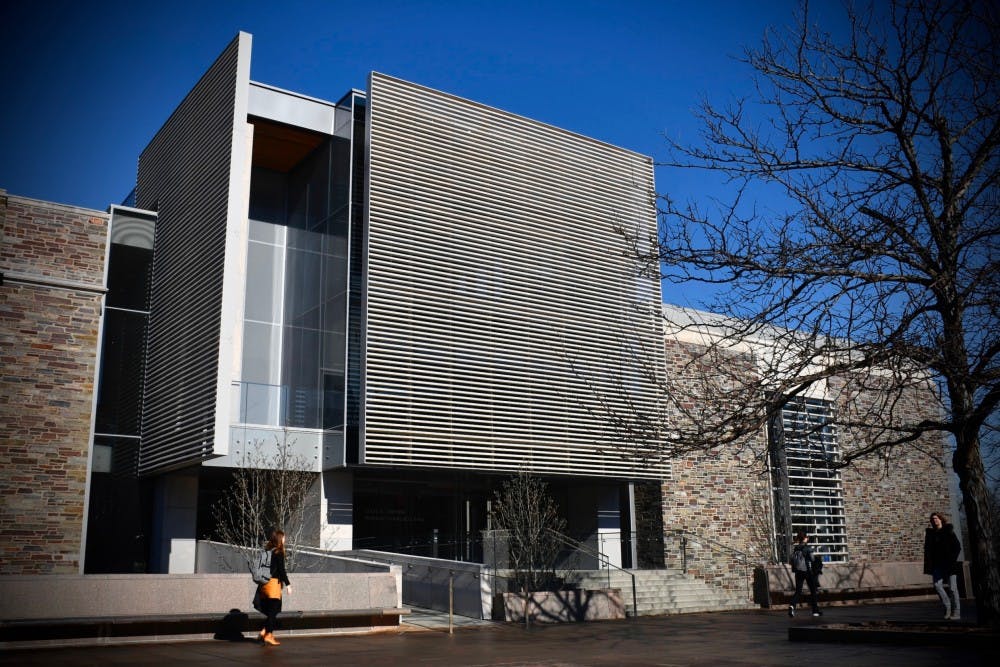On Jan. 31, the Trump administration announced an expansion of the President’s 2017 executive order restricting travel from seven nations. The updated policy may affect some international students at the University in the future.
While students and scholars remain exempt from the ruling, the change may present difficulties for students’ post-graduation plans.
Effective Feb. 22, six new nations will be added to the original list: Nigeria, Eritrea, Myanmar (formerly Burma), Kyrgyzstan, Sudan, and Tanzania.
The United States Department of Homeland Security (DHS) published its “refined methodology” on Jan. 31, specifying that immigration from Nigeria, Eritrea, Myanmar, and Kyrgyzstan will be completely stalled except for “Special Immigrants.” The DHS outlined an exception for “Special Immigrants,” defined as those who have provided assistance to the U.S. government. The Administration has not disclosed additional details about the exemption. Individuals from Tanzania and Sudan will face suspension of their enrollment in the U.S. green card lottery system.
Mofopefoluwa Olarinmoye ’20, who hails from Nigeria, described the announcement as initially confusing, but not necessarily surprising.
“I knew something like this could eventually happen, it was just a matter of when,” she said.
Olarinmoye’s plans for the future do not include gaining permanent residency in the U.S., so she does not anticipate any significant impact on her future.
Due to the academic exemption, the University “expect[s] the immediate practical impact of the new travel ban to be minimal,” wrote Deputy University Spokesperson Michael Hotchkiss in a statement to the ‘Prince.’
At the same time, the University reaffirmed its commitment to policies that allow for the free flow of talent across borders. Hotchkiss noted that University officials expect that the policy shift will impact visa wait times for prospective students from the nations in question.
“The chilling effect that these types of orders — and related statements from the Administration — have on our ability to attract and retain the world’s best talent remains a major concern,” he wrote.
Around 11 percent of University students are non-U.S. permanent residents, including citizens of the nations recently added to the ban.
To that effect, University President Christopher L. Eisgruber ’83 penned a letter in 2017 alongside other college presidents, calling on the Trump administration to "rectify or rescind" their initial travel ban.

All of the nations facing new immigration restrictions are home to significant Muslim populations. This fact has sparked significant political opposition to the move, resembling the response in the aftermath of the 2017 announcement of the original travel ban.
The House Judiciary Committee voted last week on the National Origin-Based Antidiscrimination for Nonimmigrants Act, or the “NO BAN Act.” The bill attempts to limit presidential power as it relates to immigration bans, requiring that the administration provide irrefutable evidence of a security threat and consult with Congress before implementing such bans.
On Feb. 11, less than two weeks after the update, the motion passed the House Judiciary Committee and is now set to make its way toward a vote of the full chamber. Even if it manages to pass the House, the legislation is unlikely to clear the Republican-controlled Senate.
The Judiciary Committee's move has been lauded by activists who have been waiting for the legislative branch to take a stand on the issue after the Supreme Court ruled to uphold the ban in June 2018.
“Congress took a huge step forward today, sending the message to the president and the country that Muslims and other communities of color are welcome here,” wrote Manar Waheed, senior legislative and advocacy counsel for the American Civil Liberties Union (ACLU), in an ACLU press release. “Now that the bill has passed out of committee, we look forward to its swift passage in the House without any further changes."
Students with any questions or concerns regarding the policy change may reach out to Albert Rivera, the director at the Davis International Center, to discuss their individual circumstances. More information and campus resources for individuals who may be affected can be found here.








